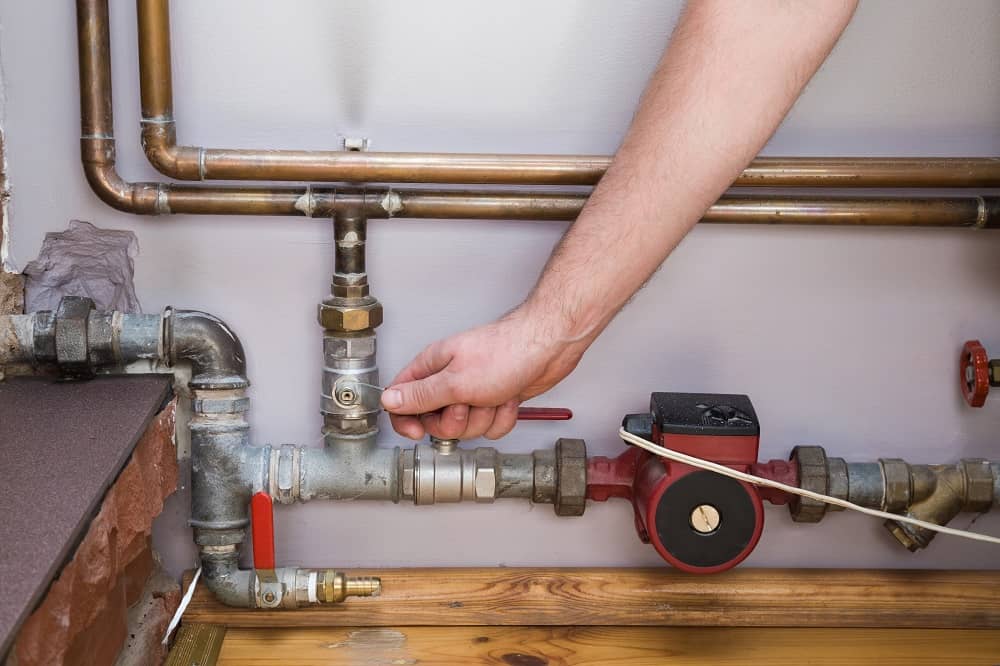Have you ever stepped into a shower on a chilly Melbourne morning, only to be greeted by ice-cold water? Or perhaps you’ve run the tap endlessly, hoping to squeeze out those last drops of warmth? These frustrating moments highlight just how important it is to have a dependable hot water service. After all, nobody wants to deal with early-morning surprises or hefty energy bills caused by an inefficient system.
So, if your current system is giving you headaches or you’re simply looking to be proactive, you’ve come to the right place. By the end of our journey together, you’ll have a solid grasp of how hot water systems work, how to recognise warning signs, and where to turn for affordable, efficient support. Let’s get started and help ensure that you can count on satisfying, piping-hot water whenever you need it.
Why a Reliable Hot Water Service Matters
Keeping your home comfortable is essential, and hot water plays a major role in daily life. From morning showers and filling up the kettle, to running your dishwasher or washing machine, you rely on hot water more often than you might realise. That’s why having a reliable hot water service is absolutely key. A well-maintained system doesn’t just keep you comfortable—it also prevents sudden breakdowns that can cause stress and unexpected costs.
When your hot water unit is dependable, you’re less likely to experience leaks, rust, or performance drops. In turn, you lower the chance of spending big on emergency plumbing services. For anyone living in an older property, it’s worth noting that older pipes and infrastructure may lead to more frequent malfunctions. By ensuring regular check-ups, you can avoid waking up to zero hot water on a cold winter’s day.
The Connection Between Efficiency and Affordability
If you’ve ever noticed your utility bills creeping up, your hot water system might be guzzling more energy than necessary. Over time, older models lose effectiveness, causing them to work harder for the same result. This extra strain drives up both your energy use and costs. An efficient system, on the other hand, can significantly lower monthly bills. Plus, it reduces your carbon footprint, which is something many homeowners value.
Investing in an updated, energy-saving unit may feel like a commitment, but the long-term gains usually outweigh the initial spend. In many cases, government incentives help offset upgrade costs, making it an even more enticing prospect. Ultimately, a reliable, modern hot water unit offers more than comfort—it provides ongoing affordability and peace of mind.
Understanding Hot Water Systems
Before you can choose the right hot water service, it’s vital to know the main options available in Australia. Each system comes with its own benefits, drawbacks, and ideal use cases. By looking at the differences, you’ll quickly see whether a gas, electric, or solar unit suits your household’s size and lifestyle.
Common Types of Hot Water Units (Gas, Electric, Solar)
- Gas Hot Water: Gas units often heat water faster than electric counterparts. They come in both storage and instantaneous models, allowing you to pick a style that fits your budget and space. However, homes without a gas supply need to factor in additional setup costs if they plan to switch from electricity to gas.
- Electric Hot Water: These systems typically cost less to install than gas, making them attractive for those working with a tighter budget. Yet, they may elevate your electricity bill. Some electric models heat water continuously, while others run on off-peak electricity, providing cost savings if your household can adapt to the schedule.
- Solar Hot Water: If you’re looking to reduce your carbon footprint, solar might be the way to go. Solar systems harness sunlight to heat your water, drastically cutting your energy usage. They do come with higher upfront costs, but potential long-term savings make them popular among eco-conscious homeowners.
How Do These Systems Work? (People Also Ask)
Hot water systems operate by transferring heat from a source—such as gas combustion, an electric heating element, or solar energy—into your water. In storage models, a tank holds the heated water until you need it. Instantaneous (or “tankless”) systems, on the other hand, heat water only when you open the tap. This on-demand method helps reduce wastage and is often favoured by those looking to cut back on bills.
Comparing Energy Consumption and Costs
When deciding on a unit, think about both energy use and running costs. Gas systems tend to cost less per year than electric alternatives if usage remains steady. On the other hand, solar offers the chance to slash your energy bills, though installation can be pricier. If your budget and household size permit, going solar can be a powerful investment in both your finances and the environment. By weighing these variables, you can choose a hot water setup that fits your long-term objectives.
Signs You Need Hot Water Service or Replacement
Your hot water system might not last forever, but knowing when to repair or replace can save you stress and money. Keep an eye out for performance issues—sometimes, a repair is all you need. Other times, it’s more cost-effective to install a new, energy-efficient model.
When to Repair vs. Replace
- Repair: If your system is under 10 years old, minor leaks or unusual noises are often fixable, especially if you haven’t experienced recurring problems. A skilled plumber can diagnose the issue and recommend replacing parts like heating elements or valves.
- Replace: If you’re dealing with frequent breakdowns, rust in your taps, or a unit that’s more than 10-15 years old, investing in a brand-new system may be the smarter route. Constantly fixing old equipment adds up, and the newer model’s energy savings help offset the replacement cost.
Conclusion
In general, having a reliable hot water service in Kew is about more than just comfort. A durable, efficient system can save you money, support an eco-friendly lifestyle, and enhance the overall value of your home. Plus, by performing simple maintenance checks and scheduling routine professional assessments, you can prolong your unit’s lifespan and minimise the risk of unexpected breakdowns.


